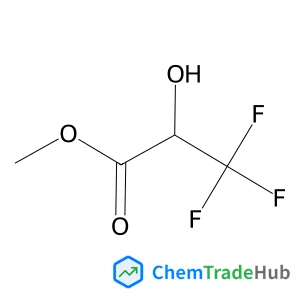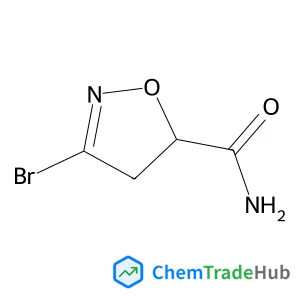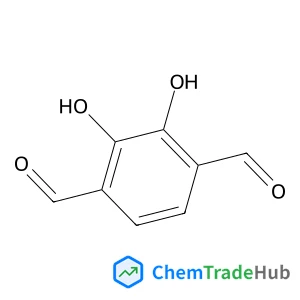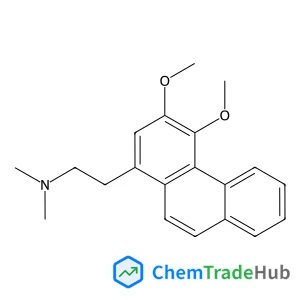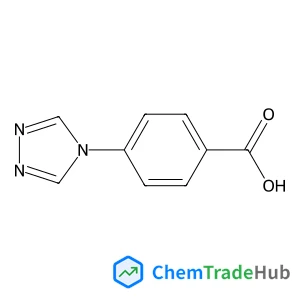Rechargeable molecular cluster batteries
文献情報
Hirofumi Yoshikawa, Chieko Kazama, Kunio Awaga, Masaharu Satoh, Jun Wada
We fabricated a rechargeable molecular cluster battery, based on a cathode active material, [Mn12O12(CH3COO)16(H2O)4]. The charging–discharging experiments revealed rechargeable battery performance with a capacity of ca. 90 A h kg−1, while the first discharging process exhibited an extremely high value of 200–250 A h kg−1.
関連文献
IF 6.222
In situ growth of all-inorganic perovskite nanocrystals on black phosphorus nanosheetsIF 6.222
Building microsphere–nanosheet structures in N-doped carbon to improve its performance in the oxygen reduction reaction and vanadium redox flow batteriesIF 6.367
Recent developments in carbon nitride based films for photoelectrochemical water splittingIF 6.367
Triboelectric nanogenerators for a macro-scale blue energy harvesting and self-powered marine environmental monitoring systemIF 6.367
Highly efficient and durable III–V semiconductor-catalyst photocathodes via a transparent protection layerIF 6.367
Illuminating endosomal escape of polymorphic lipid nanoparticles that boost mRNA deliveryIF 6.843
Biomaterials Science Emerging Investigators 2021IF 6.843
Direct arylation polycondensation towards water/alcohol-soluble conjugated polymers as the electron transporting layers for organic solar cellsIF 6.222
Carbon and carbon composites obtained using deep eutectic solvents and aqueous dilutions thereofIF 6.222
掲載誌
Chemical Communications
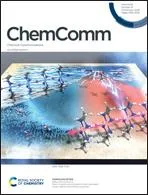
ChemComm publishes urgent research which is of outstanding significance and interest to experts in the field, while also appealing to the journal’s broad chemistry readership. Our communication format is ideally suited to short, urgent studies that are of such importance that they require accelerated publication. Our scope covers all topics in chemistry, and research at the interface of chemistry and other disciplines (such as materials science, nanoscience, physics, engineering and biology) where there is a significant novelty in the chemistry aspects. Major topic areas covered include: Analytical Chemistry Catalysis Chemical Biology and medicinal chemistry Computational Chemistry and Machine Learning Energy and sustainable chemistry Environmental Chemistry Green Chemistry Inorganic Chemistry Materials Chemistry Nanoscience Organic Chemistry Physical Chemistry Polymer Chemistry Supramolecular Chemistry
おすすめサプライヤー
 上海タイフー医薬科技有限公司
上海タイフー医薬科技有限公司 ウェロマー GmbH
ウェロマー GmbH 山东美正生物科技有限公司
山东美正生物科技有限公司 NCY市アンペイバイオテクノロジーカンパニー
NCY市アンペイバイオテクノロジーカンパニー INQUISA S.A.
INQUISA S.A. PMR Tech UG (haftungsbeschränkt)
PMR Tech UG (haftungsbeschränkt) 深セン優位昌浩科技股份有限公司
深セン優位昌浩科技股份有限公司 建德市永固塑料設備厂
建德市永固塑料設備厂 Hannityチューニング自動化機器有限会社
Hannityチューニング自動化機器有限会社










